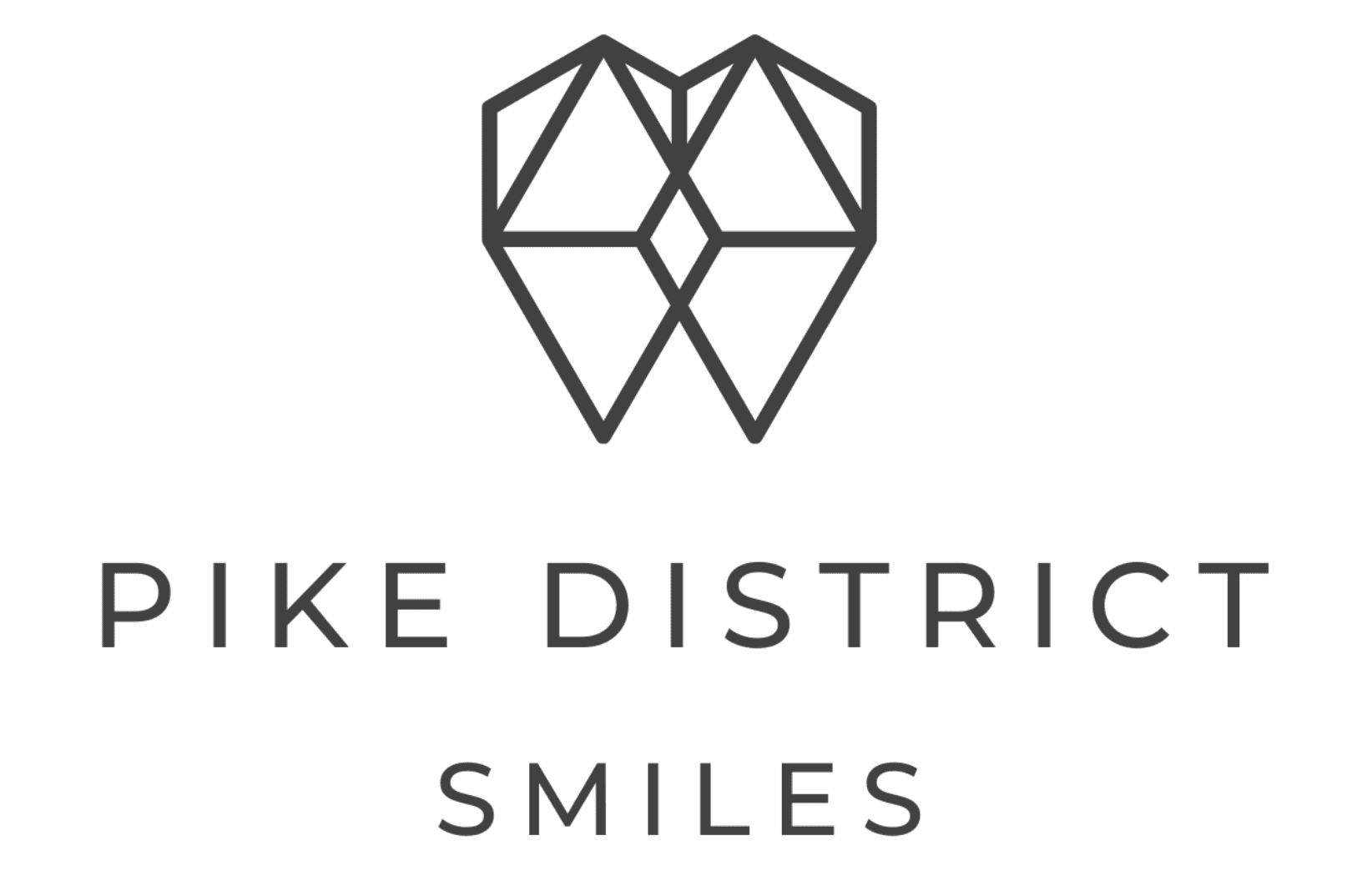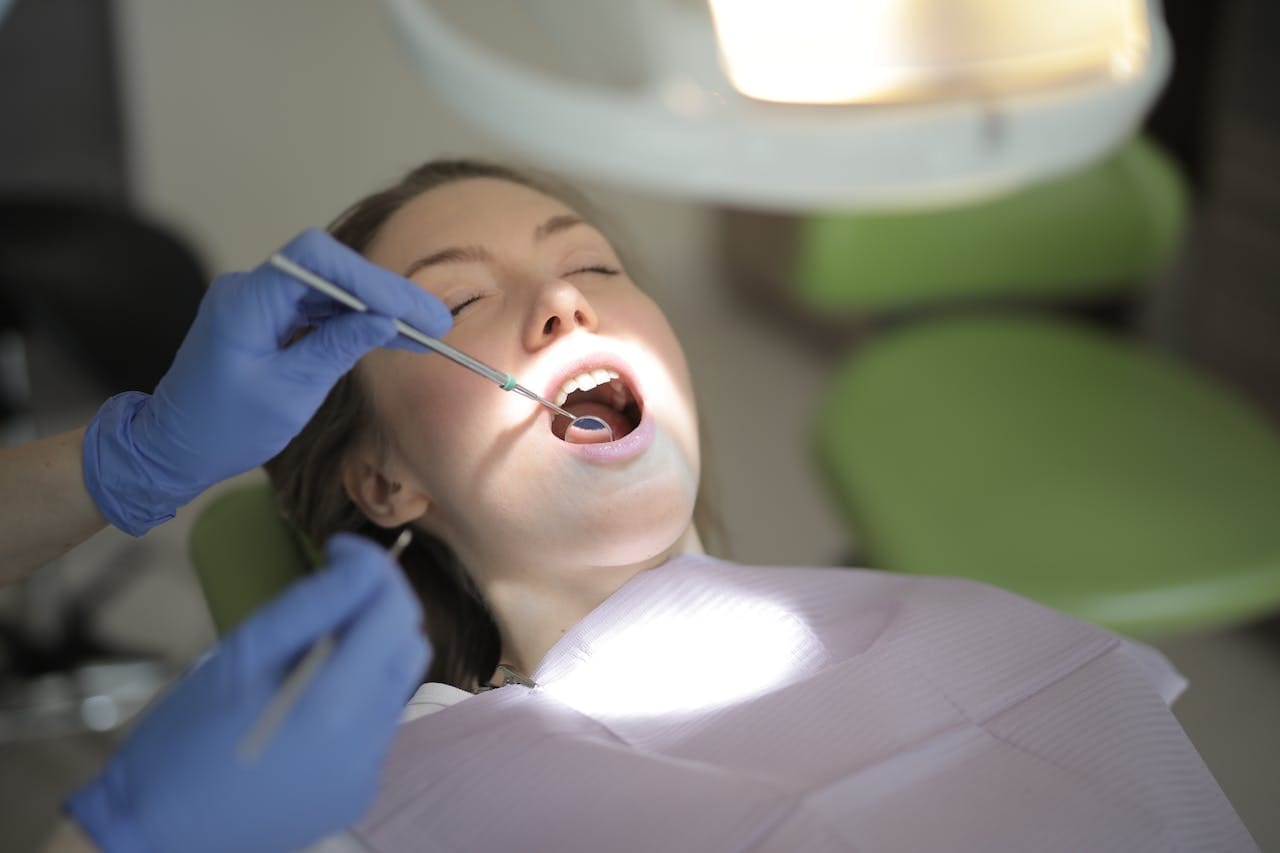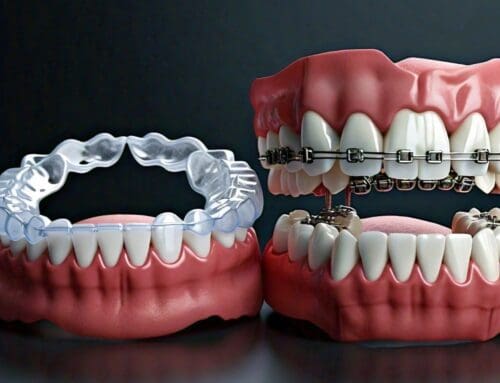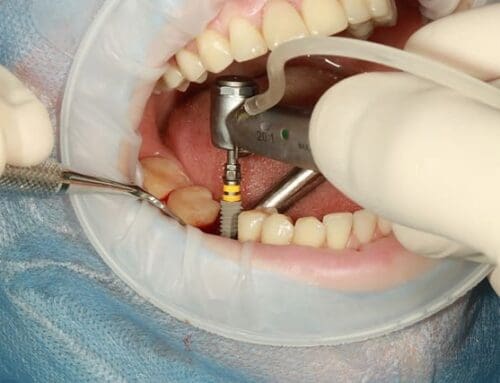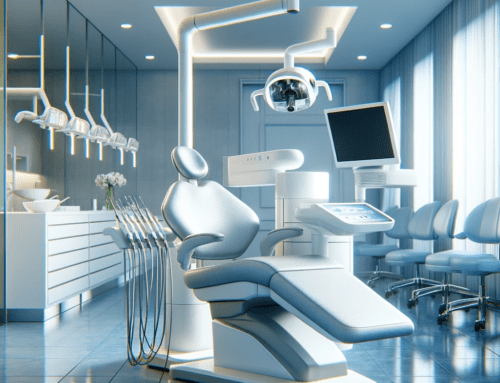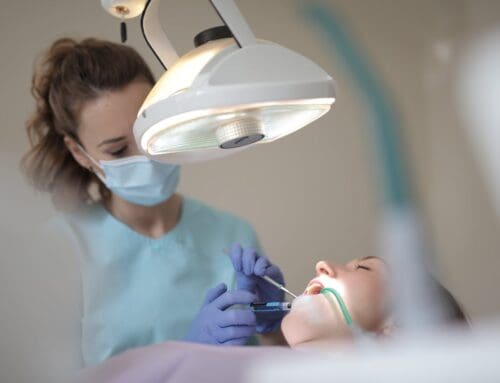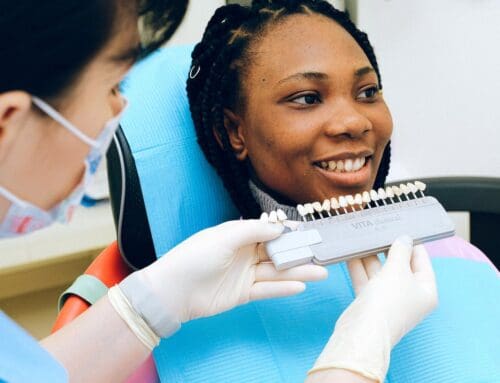Dental anxiety is a common concern that affects millions of people worldwide, causing distress, fear, and even avoidance of dental appointments. Whether stemming from a previous negative experience, fear of pain, or embarrassment about the condition of one’s teeth, dental anxiety can be a significant barrier to receiving essential dental care. At Pike District Smiles, we understand the challenges faced by those with dental anxiety, and we are committed to providing a comfortable, compassionate, and stress-free environment to ensure that every patient can access top-quality dental care to maintain their oral health and overall well-being.
In this blog post, we will explore the root causes of dental anxiety, various sedation options available to help you achieve a comfortable and relaxed dental experience, and helpful strategies to overcome fear and improve your overall experience in the dental chair. By understanding the available tools, approaches, and sedative options, you can overcome your dental anxiety and embark on a path towards improved oral health and a confident, radiant smile.
Dental anxiety can manifest in various ways, from mild nervousness to debilitating fear, with many patients experiencing increased heart rate, sweaty palms, or feelings of panic at the mere thought of a dental appointment. Neglecting routine dental care or postponing necessary treatment due to anxiety can increase the risk of oral health issues such as tooth decay, gum disease, and even tooth loss, underscoring the importance of finding strategies to cope with and conquer dental anxiety.
At Pike District Smiles, we are dedicated to providing a compassionate and supportive environment for patients experiencing dental anxiety. Our experienced team offers various sedation options and patient-centered approaches to ensure a comfortable and stress-free dental experience, allowing you to access the care you need for a healthy, beautiful smile.
In the following sections, we will delve into the available sedation options for patients with dental anxiety, along with practical tips and strategies for managing fear during dental appointments, empowering you to make informed decisions and achieve a positive dental experience.
Understanding the Causes of Dental Anxiety
To effectively manage dental anxiety, it’s crucial to pinpoint the cause or specific triggers behind your apprehension. Common factors contributing to dental anxiety include:
- Past negative experiences: A previous painful or distressing dental experience can leave a lasting impression, leading to heightened anxiety about future appointments.
- Fear of pain: Many people are fearful of experiencing pain or discomfort during dental procedures, particularly if they have a low pain tolerance or have heard stories of painful treatments from others.
- Loss of control: Lying in the dental chair with limited ability to communicate or move, some patients may feel a sense of vulnerability or helplessness that fuels their anxiety.
- Embarrassment: Patients with discolored, damaged, or misaligned teeth may feel self-conscious or embarrassed about the appearance of their smile, leading to reluctance in seeking dental care.
- Needles and dental instruments: Fear of needles or the mere sight of dental instruments can trigger anxiety in many patients.
By identifying the specific triggers of your dental anxiety, you can work with your dental care team to develop strategies or utilize sedation options that address and alleviate your concerns.
Sedation Options for Managing Dental Anxiety
At Pike District Smiles, we offer a variety of sedation dentistry options to help patients feel relaxed and at ease during their dental appointments. Depending on the level of anxiety and the nature of the dental procedure, the following sedation options may be considered:
- Nitrous oxide (“laughing gas”): Nitrous oxide is a mild, fast-acting sedative gas that is inhaled through a small mask placed over your nose. It helps patients feel relaxed and comfortable during dental procedures and wears off quickly after the gas is turned off, allowing patients to drive home safely after their appointment.
- Oral sedation: Oral sedation involves taking a prescription medication, such as a benzodiazepine, prior to your dental appointment. Oral sedation typically leaves patients feeling calm and drowsy, with little memory of their dental procedure. It is essential to arrange transportation to and from your appointment when using oral sedation, as the medication’s effects can linger for several hours.
- IV sedation: Intravenous (IV) sedation is a more potent form of sedation that can be administered directly into your bloodstream, providing a rapid onset of deep relaxation. IV sedation is typically reserved for patients with severe dental anxiety or those undergoing more complex dental procedures. Like oral sedation, you will need someone to drive you home after your appointment.
Consult with your dentist to determine which form of sedation is most suitable for your needs and will provide the best possible experience during your dental treatment.
Strategies for Overcoming Dental Anxiety
In addition to sedation options, there are numerous strategies and techniques you can employ to help manage dental anxiety and improve your overall experience:
- Communication: Establish open communication with your dentist and dental team, as they can provide reassurance, empathy, and explain the procedure to help ease your nerves.
- Distraction techniques: Utilize distraction methods such as listening to music, focusing on your breathing, or watching a movie during your appointment to help take your mind off the dental procedure.
- Establish a signal: Agree on a signal with your dentist, such as raising your hand, to indicate when you need a break if you begin to feel uncomfortable or overwhelmed during the procedure.
- Progressive muscle relaxation: Practice progressive muscle relaxation techniques before and during your appointment, focusing on systematically tensing and relaxing your muscle groups to help ease tension and anxiety.
- Consider therapy or counseling: If your dental anxiety is significantly interfering with your ability to access essential dental care, seeking professional therapy or counseling may help address the roots of your anxiety and develop coping mechanisms to overcome your fear.
The Lasting Impact of Overcoming Dental Anxiety
Conquering dental anxiety not only allows for a more comfortable dental experience but also positively impacts your overall oral health and well-being. By managing your anxiety and attending regular dental appointments, you will:
- Maintain preventive dental care, resulting in early detection and treatment of potential issues.
- Benefit from simpler, less invasive treatments for minor dental concerns that could escalate if left unaddressed.
- Enjoy better overall oral health and confidence in your smile, potentially leading to improved self-esteem and social interactions.
Conclusion:
Dental anxiety is a common concern that can act as a barrier to accessing essential dental care. By understanding the causes of dental anxiety, exploring sedation options, and adopting practical strategies to manage and overcome fear, you can achieve a comfortable and stress-free dental experience. At Pike District Smiles, our compassionate and experienced team is dedicated to providing a supportive environment and personalized care to help you overcome your dental anxiety and maintain exceptional oral health. Don’t let dental fear hold you back from experiencing the benefits of a healthy, radiant smile – Schedule an appointment with our dental office in Rockville, MD to discuss your concerns and work together to conquer your anxiety for good.
